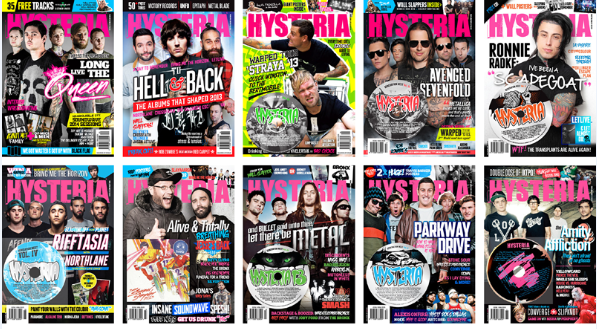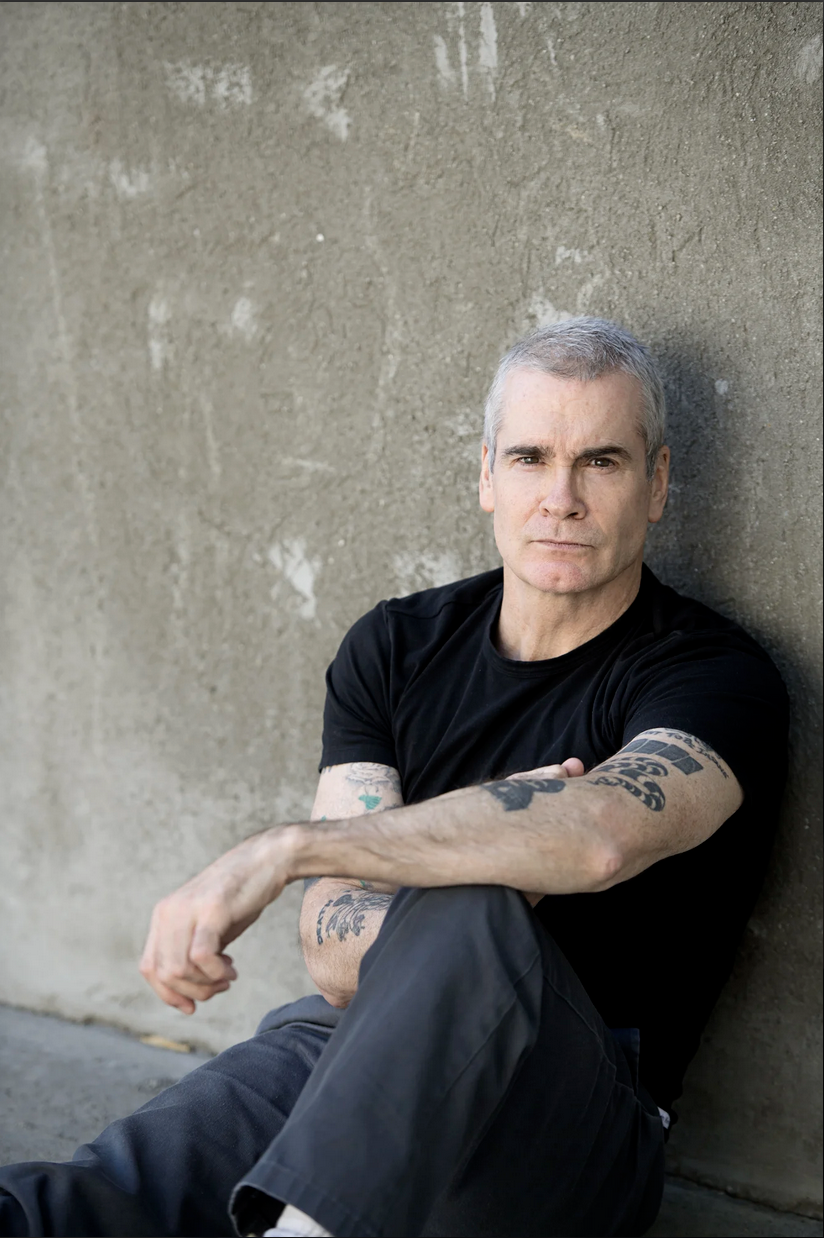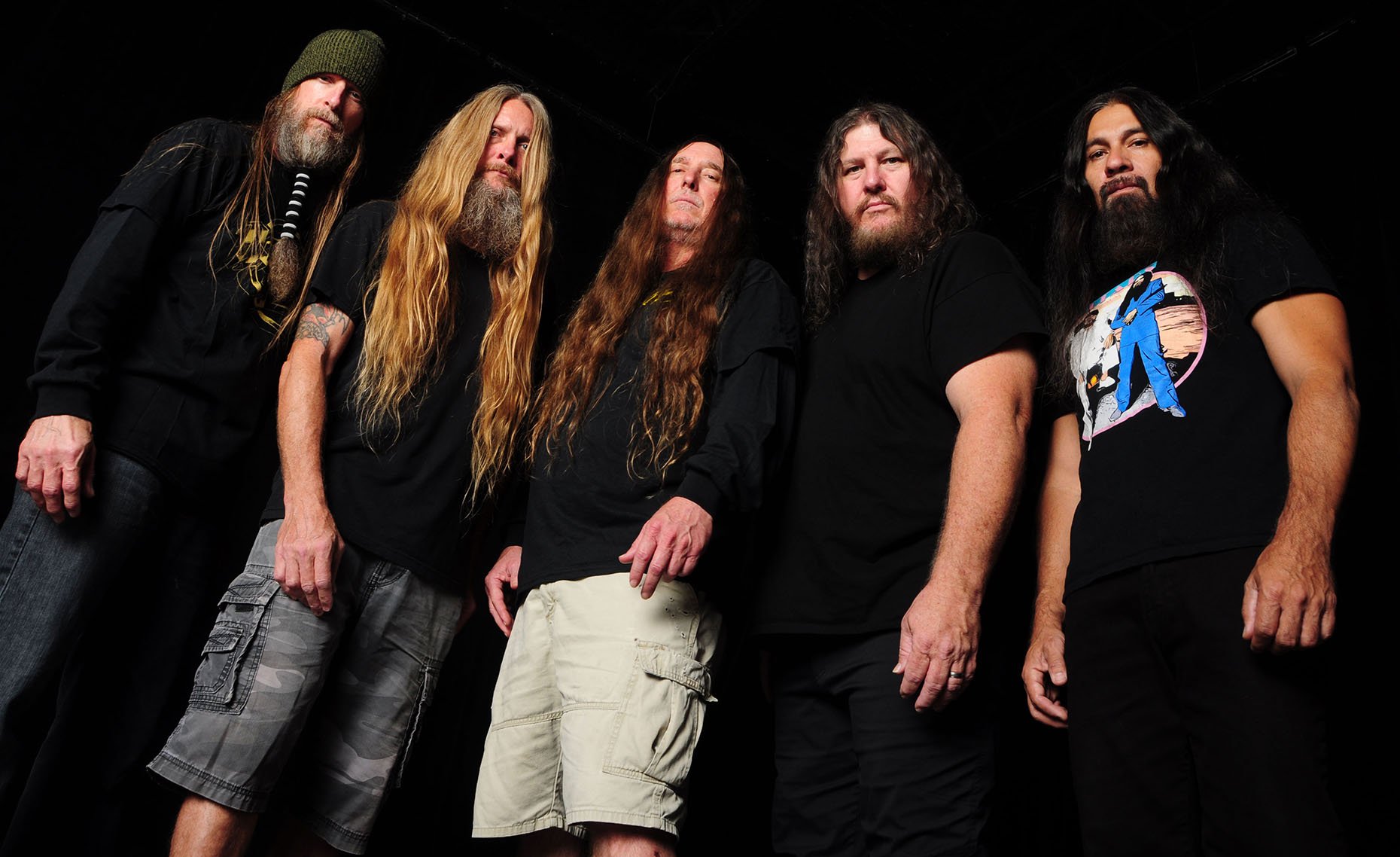 Collage by Brooke DorrattIn 2011, I completed my thesis on music journalism in Australia, titled Rock Sells Out? Cultural creation, industry influence and electronic evolution. I resigned as Digital Editor of Hysteria Mag last month. So I'm FREE AT LAST to dump my bargain basement opinions on whether my thesis holds any water, five years on.
Collage by Brooke DorrattIn 2011, I completed my thesis on music journalism in Australia, titled Rock Sells Out? Cultural creation, industry influence and electronic evolution. I resigned as Digital Editor of Hysteria Mag last month. So I'm FREE AT LAST to dump my bargain basement opinions on whether my thesis holds any water, five years on.
“The counter-culture was a mistake”
Legendary rock writer Robert Christgau said the counter-culture’s “gospel of sexual liberation and generational identity became a smug ritual” in the 60s and 70s, and that’s no less true now. Dancing around state troopers and placing flowers in gun barrels isn’t a thing any more. However, we do have tweets and blogs and blogs about tweets about how someone or something is “problematic” because it disagrees with their world view. This is now called “virtue-signalling,” or expressing an opinion to get a pat on the back for it. Adulthood, at least to me, is the feeling you got as a kid as you cleaned your room unprompted, without your parents even noticing. You do shit because you have to, not for external validation.
Cultural capital is bullshit
I argued that cultural capital builds up around rock journalists who have access to certain artists or bands. This is only true…for other rock writers. In my experience, the public couldn’t give a shit. Only other scribes scramble for the top of the rock writing pile, reaching out for that crown of cool. Like any niche in the marketplace, achievement in the niche is self-congratulatory. Of course, the output benefits almost no one outside the niche.
Reviewer as self-entitled brat, not “tastemaker”
The rock reviewer in this day and age is not a tastemaker. You cannot tell people what they should and should not listen to. I think Emmure is complete shit, but people will fight and die for Frankie Palmieri’s right to pollute the atmosphere with his slack-jawed internet rants disguised as songs. Reviewers, especially who haven’t grown up with glossy mags are doing it for the cultural kudos (which as I said before, no one gives a shit about.) I’ve encountered many doing it for those cool points. Which are redeemable for an amount south of zero. I cannot pay the rent with cool points, so here we are.
Authenticity, schmauthenticity
Every band has a schtick. If they don’t have one, they should probably go out and find one. Authenticity is easy to emulate and filtered through PR and communications specialists. A band is authentic predicated on the fact their PR says they are. The mere act of declaration invalidates true authenticity, so nothing is authentic. The rampant amount of back room fiddling with articles and copy lays that theory to rest.
The irony of critical rock journalism 2: Electric Ironyloo
In Australia at least, every major rock publication is held at gunpoint by record labels or PR. That’s not to say it’s the friendliest mugging in the world. Because it sort of is.
Without access to labels, managers, PRs (the roles of which get so confusing after a while), you do not have a publication. Worse still, many of these labels advertise in these publications so that true “criticism” is near impossible. During the Soundwave era, before Soundwave put everything on the credit card and cried “oopsie!” when they couldn’t pay it back, Soundwave had a near monopoly on supplying content (not the content itself, but the material or access to create it). If you upset your only supplier, it meant you had no publication.
Publications that can diversify their income may have a chance. Even so, if you upset a PR, you don’t get content. So nothing has changed in this regard.
Media playing catch up – the gates are crushed and burning
The kids with their Snapchat, Instagram and Facebook are creating their own communities – they seldom need mags or publications to tell them anything. People can connect to their favourite artists or bands using social media. In many cases, a band will make an announcement themselves, leaving the media to play catch up. By the time the media does, it’s already old news.
So as depressing as that is – my thesis still holds water. In some ways, even more so. Now give me some money so I can finish paying my HECS debt off.
As for writing about rock n' roll again? I'm good...for the moment.




